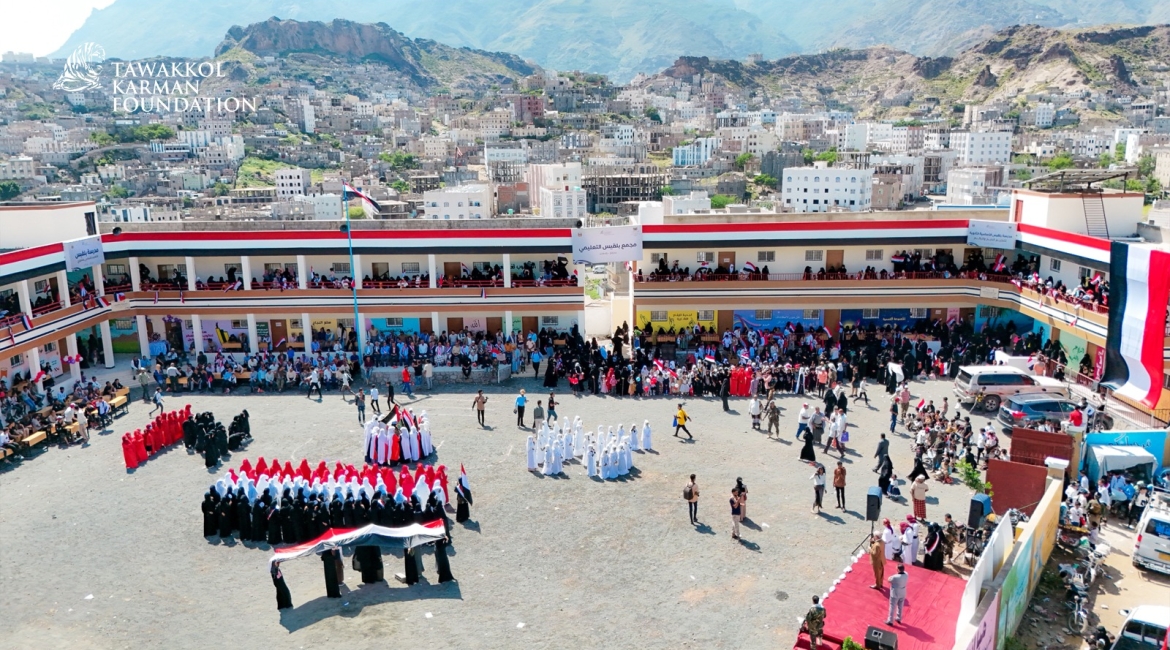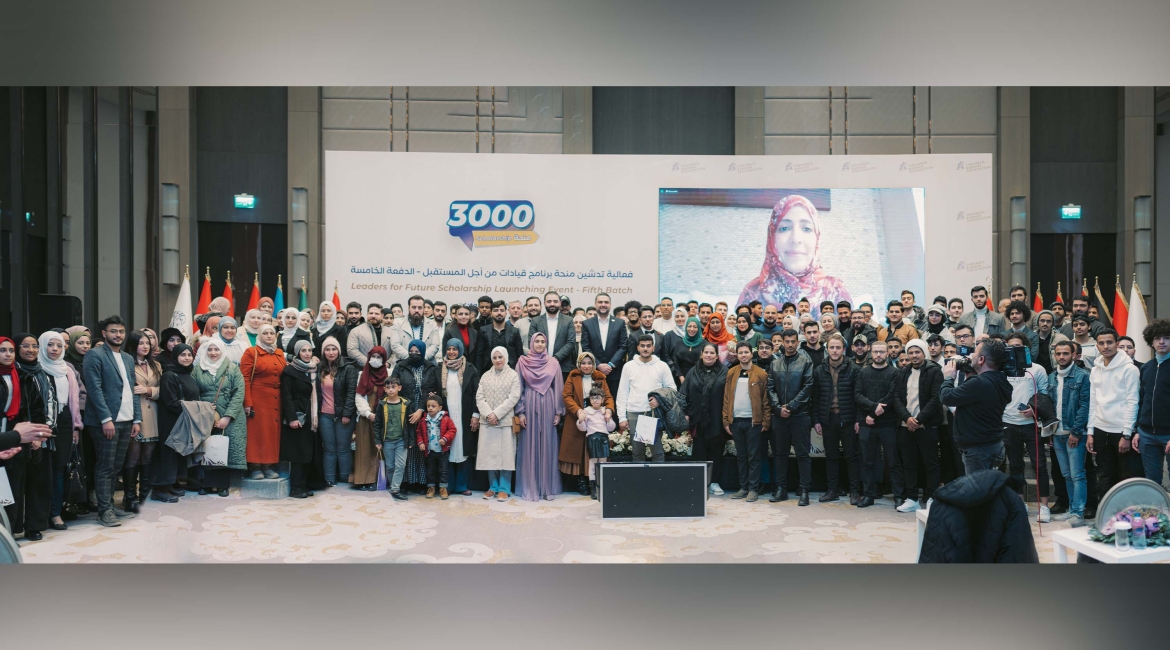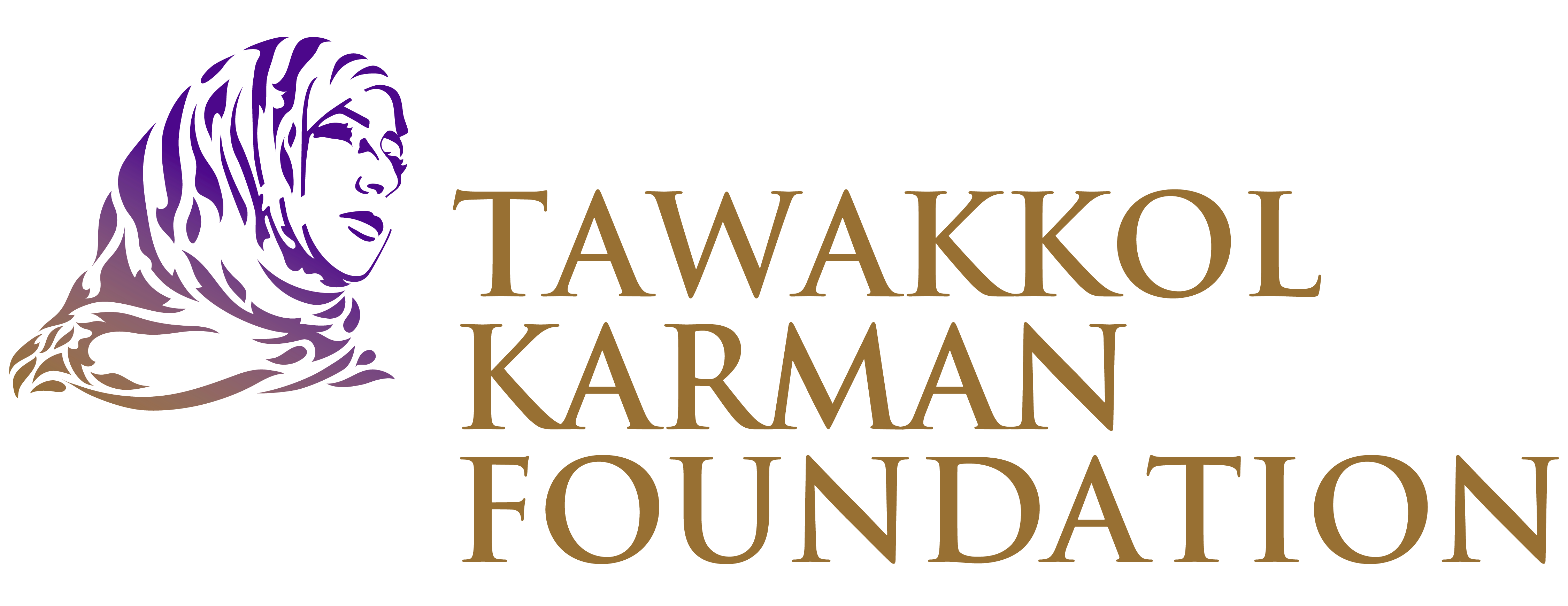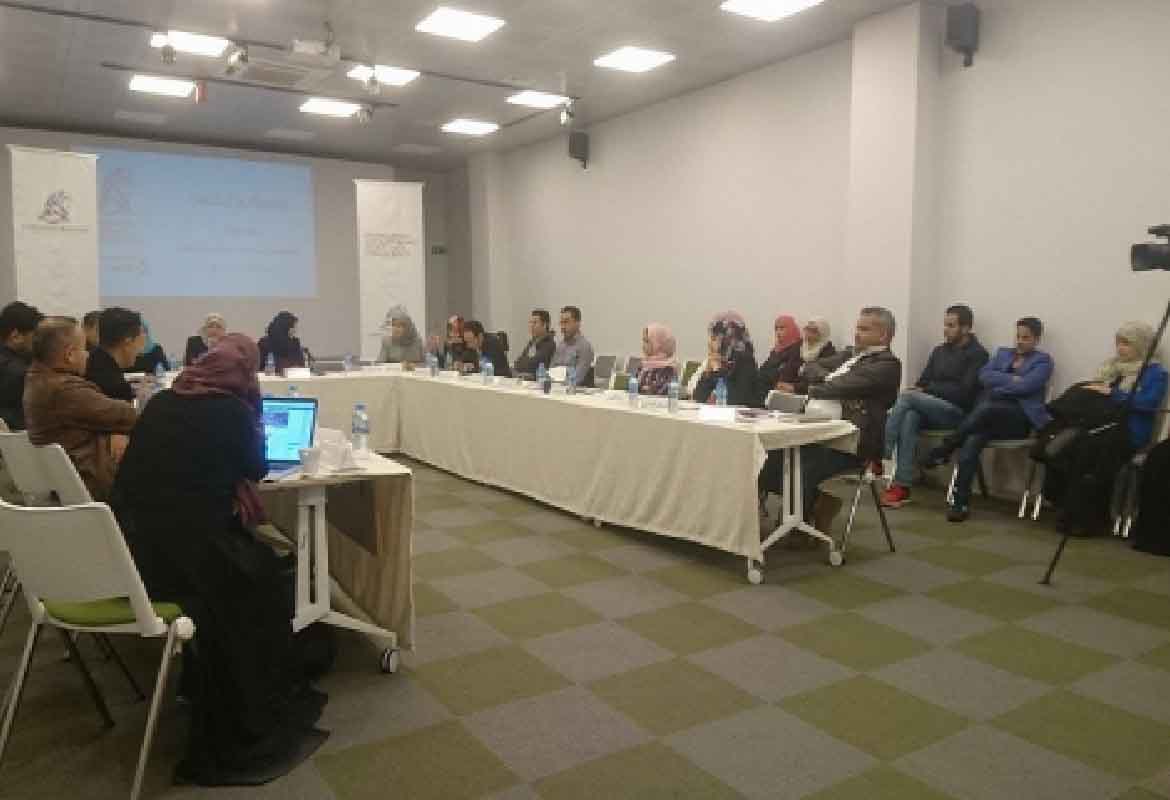The current changes in the political scene in Yemen have brought about many changes for the people of Yemen, especially for women. The 2011 revolution and its aftermath were a sign of hope and proof of Yemeni Women's place in society and in breaking the stereotype about them, as this appeared by reserving their right to participate and influence in the public sphere. Including Public, revolutionary, and political actions, holding positions, extracting rights, participating in decision-making, and working in government and private departments before the war that robbed them of all those gains and turned the equation upside down in a catastrophic gesture that Yemeni women had not witnessed before.
Women pay the highest price in conflict times; the suffering includes mental, physical, and economic burdens on women, such as the sole responsibility to provide for their families after they lose a husband and supporting relatives in the war. And Holding jobs in which they do not possess the qualification to work.
Women pay the highest price for the war, as the matter does not stop at missiles and cannons. Women bear additional psychological, health, and economic burdens resulting from their responsibility to preserve and provide for their families after losing their husbands and relatives due to the war. The pressure arises with them having to work in difficult jobs. In addition to the psychological burdens, women carry from the killing and kidnapping of their children and family members by the parties to the conflict. They also face the threat of displacement and the high rates of violence against them including rape, harassment, and forced marriage, in a time of increase in gender-based violence incidents, according to human rights reports.
To view all these variables and discuss their dimensions and ways to address them, TKF organized the symposium titled: Yemeni Women in Wartime, held on International Women's Day, March 8th, 2017.
Yemeni journalists, writers, and activists participated, viewed, and discussed the changes and challenges of Yemeni women since the peaceful revolution in 2011 and until the war broke out in 2015. Participants identified the mental and social repercussions of the war on Yemeni women, and they concluded that the political future of Yemeni women depends on their efforts today and the support they get from civil society.
Meanwhile, many humanitarian experts fear the post-war monopolization of power by men and the exclusion of women from the reconstruction process after the war.
Additionally, participants of the symposium emphasized the need to create and activate psychological and psychosocial rehabilitation programs for women and children to help them heal from war trauma and to integrate psychology lessons into secondary and university education to break the social taboos that associate with mental health. Participants also shared several ideas and visions with TKF for its future programs that support women around the world and especially the ones affected by the war in Yemen.




